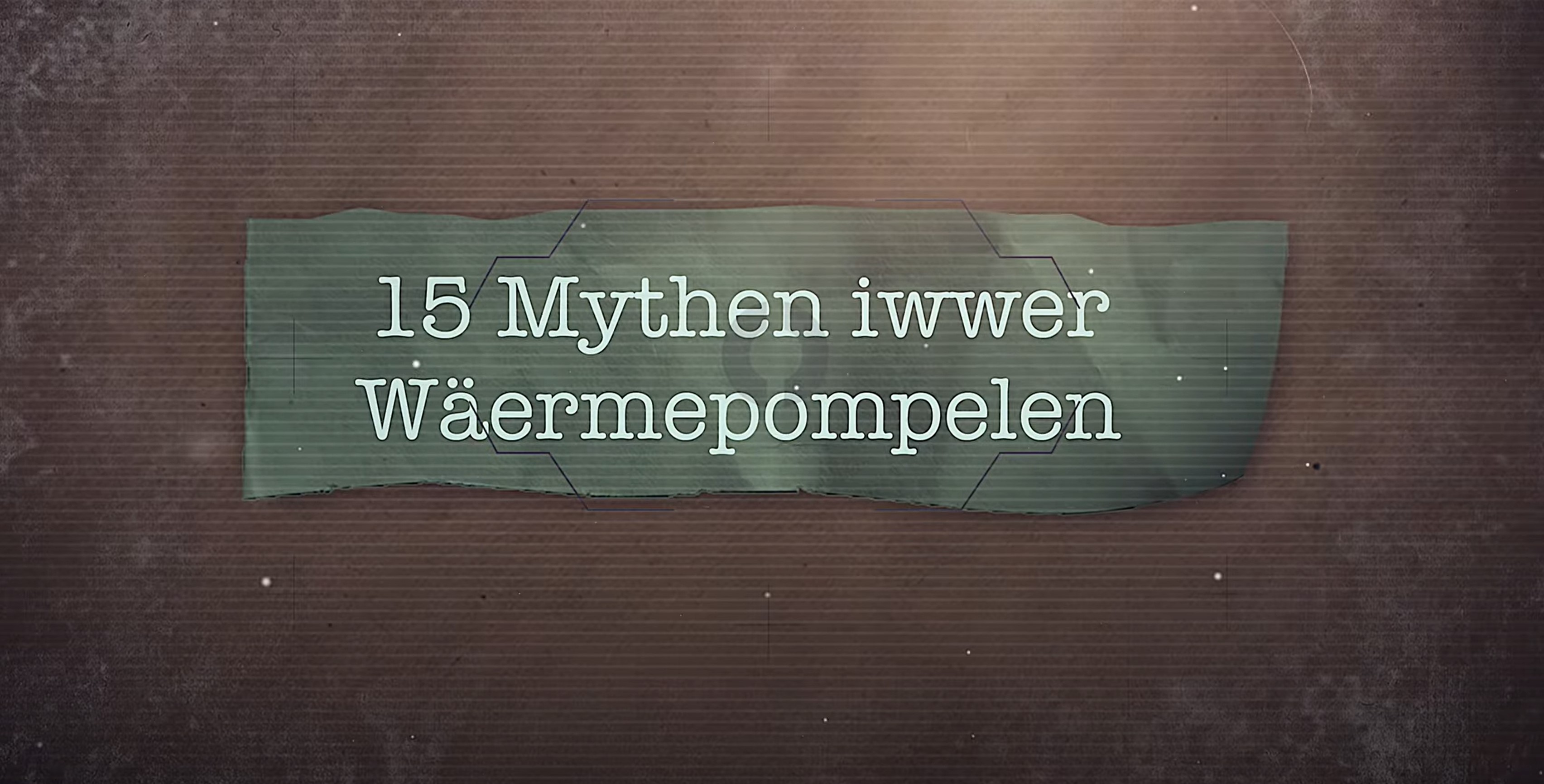Regulation
The Regulation on Combustion Installations defines prescriptions that must be complied with in order to reduce pollutant emissions in the future. These include, in particular, the minimum criteria for the use and control of heating installations using solid, liquid or gaseous fuel and intended for the production of heat and/or hot water. The corresponding ordinance applies to:
- combustion plants using solid or liquid fuel with a rated thermal input of more than 7 kW and less than 20 MW
- combustion plants firing gaseous fuel with a rated thermal input exceeding 3 MW but less than 20 MW.
Gaseous fuel installations with a rated thermal input between 4 kW and 3 MW are not excluded, but are regulated by the amended Grand-Ducal Regulation of 27 February 2010 on gas-fired combustion installations.
From a legal point of view, the 3 following measures must be complied with:
1. Acceptance
A new heating system must be approved by a specialist from the Chambre des Métiers (Department for the Inspection and Approval of Buildings) to ensure that the system is operating reliably. This acceptance must take place within a period of three months after your heating installer has submitted the acceptance application.
Your advisor at the Chambre des Métiers:
- Tel : 42 67 67 – 236 / 245 / 283
- scrb@cdm.lu
2. Regular inspection
The performance and emissions of your heating system must be checked regularly:
-
New - WOOD HEATERS AND FURNACES CONNECTED TO THE HEATING CIRCUIT: EVERY 2 YEARS
-
OIL HEATING SYSTEMS: EVERY 2 YEARS
-
GAS HEATERS: EVERY 4 YEARS
In most cases, this inspection will occur at the time of your annual system maintenance. It is best to ask your heating engineer.
3. One-time energy efficiency check
This check must only be carried out once. The entire heating system is examined for energy weaknesses in order to show you how you can save heating costs in the long term. The main aim is to check points that are not taken into account during the annual maintenance. Existing systems must also be checked.
This check can be carried out without much effort, for example by a "Heizungscheck".



